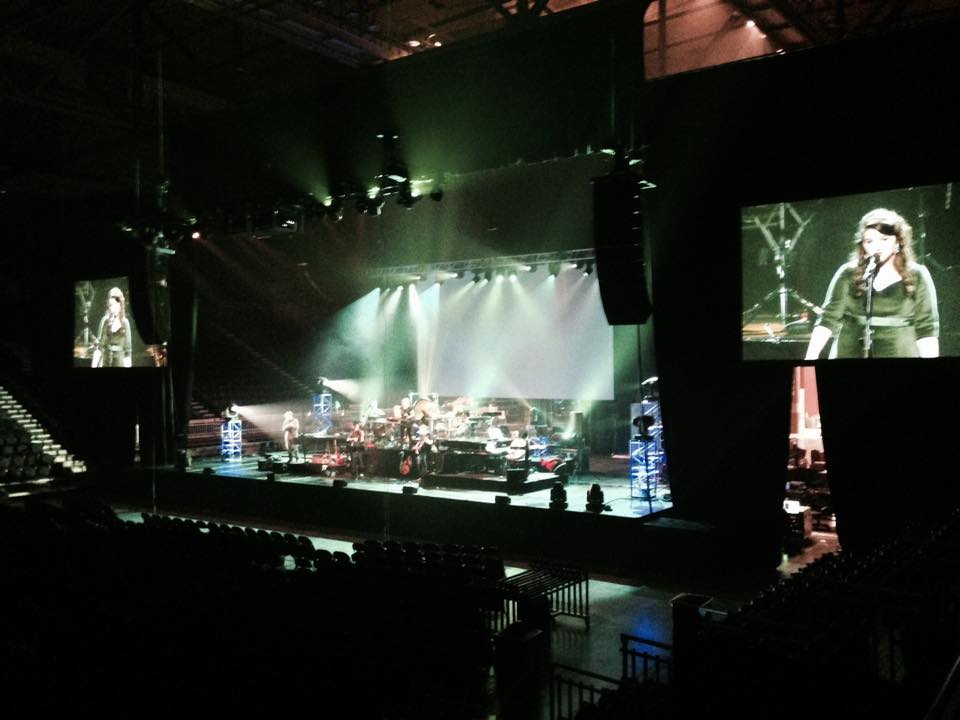Mannheim Steamroller
Origin Omaha, Nebraska
Genres Neoclassical new-age music, Holiday, progressive rock.
Mannheim Steamroller – Official Fan Site to Mannheim Steamroller
Mannheim Steamroller is an American Neoclassical new-age music group founded by Chip Davis, that is known primarily for its Fresh Aire series of albums, which blend classical music with elements of new age and rock, and for its modern recordings of Christmas music. The group has sold 28 million albums in the U.S. alone.
Mannheim Steamroller began as an alias for record producer and composer Chip Davis. The name “Mannheim Steamroller” comes from an 18th-century German musical technique, Mannheim roller (German: Mannheimer Walze), a crescendo passage having a rising melodic line over an ostinato bass line, popularized by the Mannheim school of composition. Before the fame of Steamroller, Davis had been best known for collaborating with his friend Bill Fries on the songs of the country music character “C. W. McCall” (of “Convoy” fame). Even before the height of McCall’s popularity, Davis produced an unusual album of classical music performed entirely by Davis and musical collaborator and keyboardist Jackson Berkey, using electric bass (played by Eric Hansen) and synthesizers.
Since no major label would handle its distribution, Davis founded his own music label, American Gramaphone (a play on the classical record label Deutsche Grammophon), to release the album. The result, Fresh Aire, was released in 1975 under the pseudonym Mannheim Steamroller. Fresh Aire II was subsequently released in 1977 and Fresh Aire III was released in 1979. The first four Fresh Aire albums constituted an exploration of the four seasons, with Fresh Aire being spring, Fresh Aire II being fall, Fresh Aire III being summer, and Fresh Aire IV being winter. All four of these albums maintained the blend of baroque classical music, light jazz, and rock, and featured Jackson Berkey’s virtuosic keyboard work. Davis and Berkey used whatever instrument seemed appropriate to the piece, using a toy piano on one piece and a full pipe organ on another, with copious interleaving of piano and harpsichord. In 1981 Davis released Fresh Aire Interludes, an album that compiled Berkey’s 10 piano interludes from the first four Fresh Aire albums.
Davis then moved into exploring some other themes, with Fresh Aire V subtitled “To the Moon,” Fresh Aire VI exploring Greek mythology, Fresh Aire 7 based on the number 7, and Fresh Aire 8 based on the theme of infinity. A live tour of the early albums featured a prominent light show and multimedia components, along with spoken poetry by Almeda Berkey. While the music was slightly different from the album versions, it was played in lockstep at each show, as it had to coordinate the live musicians with recorded tracks of strings and other orchestral parts.
In 1986, Mannheim Steamroller released music composed for a PBS special called Saving the Wildlife, which featured one track from Fresh Aire VI and twelve new tracks. In 1987, Davis collaborated with guitarist/composer Mason Williams for the album Classical Gas. The music was composed entirely by Williams but produced and arranged by Davis. The album opens with a remake of Williams’ 1968 instrumental “Classical Gas”, which used the original arrangement..

